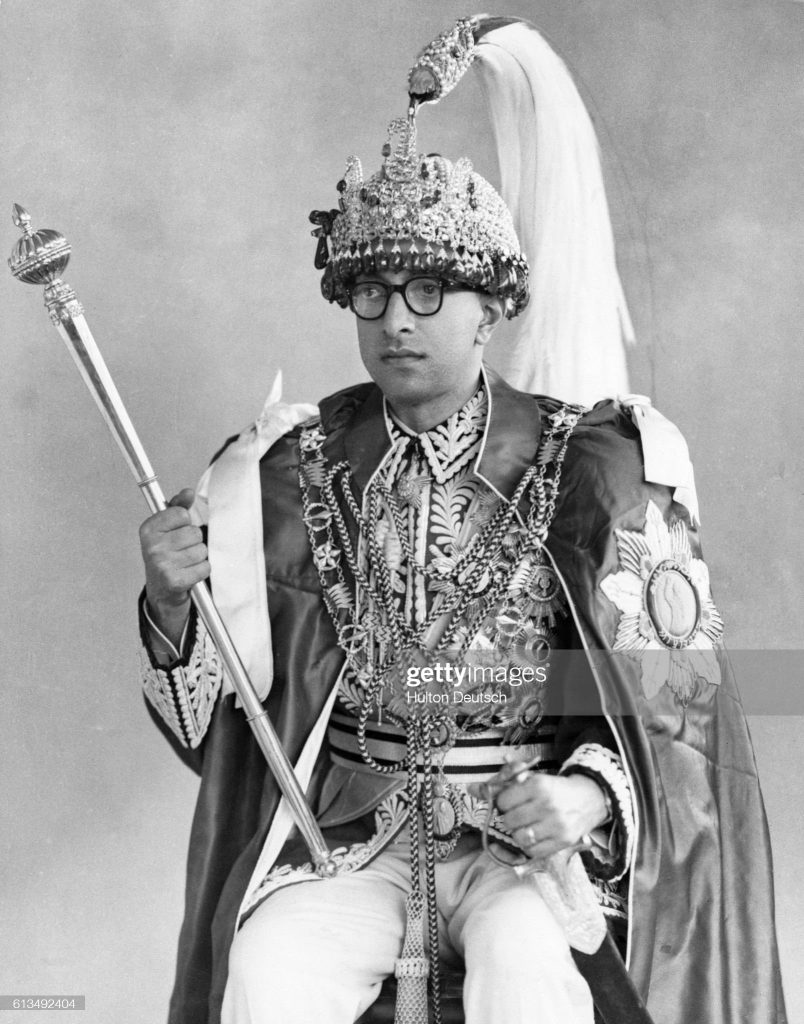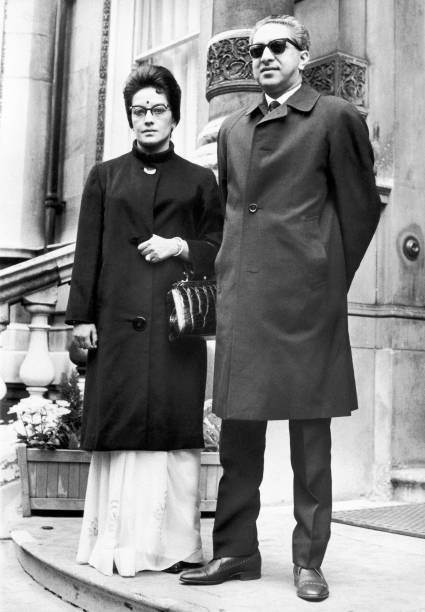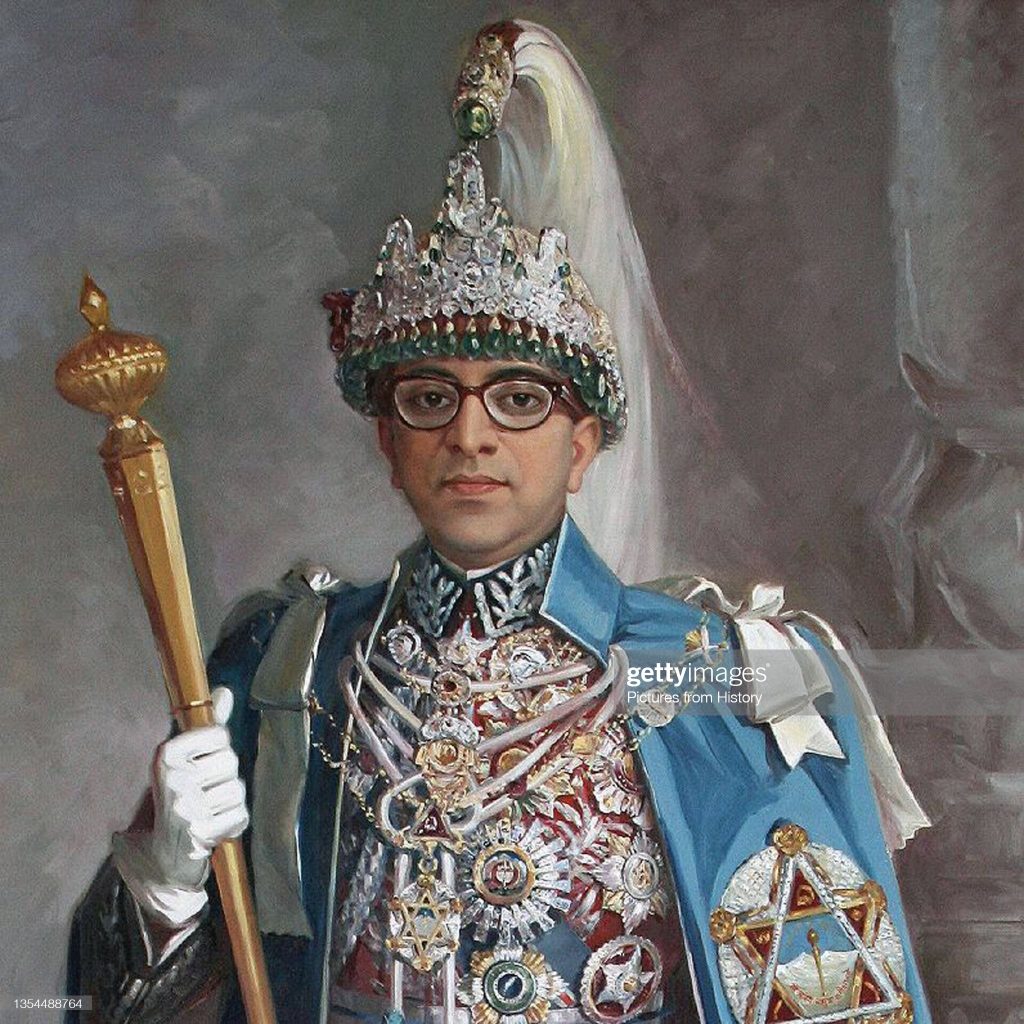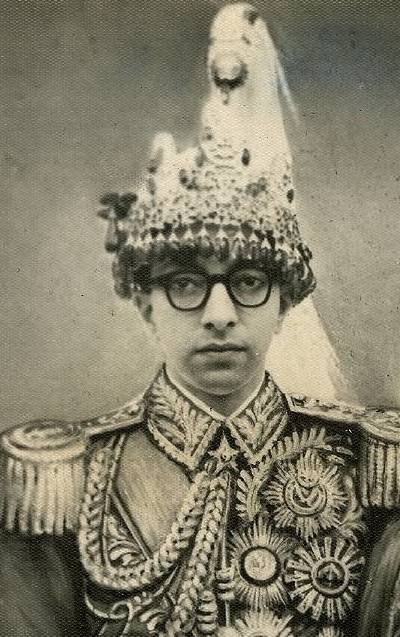King Mahendra Bir Bikram Shah Dev was the King of Nepal from 1955 until his death in 1972. During his reign, he made several significant achievements and implemented various policies that shaped Nepal’s political, economic, and social landscape. Here are some of King Mahendra’s notable achievements:
- Panchayat System: King Mahendra introduced the Panchayat system in Nepal in 1960, which replaced the democratic system of government. Under this system, power was centralized in the hands of the King, and local bodies called Panchayats were established to administer local affairs. The Panchayat system remained in place until 1990.
- Land Reforms: King Mahendra implemented land reforms to address the issue of land inequality in Nepal. The reforms aimed to distribute land to landless peasants, enhance agricultural productivity, and reduce the dominance of large landowners. This initiative helped improve the socio-economic conditions of many rural Nepali families.
- Industrialization: King Mahendra emphasized industrialization and economic development during his reign. He implemented policies to encourage domestic and foreign investments, establish industries, and promote economic growth. This focus on industrialization laid the foundation for Nepal’s economic development in subsequent years.
- Education and Infrastructure: King Mahendra made significant investments in education and infrastructure development. He established numerous schools, colleges, and universities, including the Tribhuvan University in Kathmandu, which remains the largest and oldest university in Nepal. He also initiated various infrastructure projects, such as the construction of roads, bridges, and hydroelectric power plants.
- National Unity: King Mahendra emphasized national unity and promoted a sense of nationalism among the Nepali people. He sought to unite Nepal’s diverse ethnic, linguistic, and cultural groups under a common national identity. His policies aimed to foster social harmony and integration.
- Conservation Efforts: King Mahendra was an advocate for environmental conservation and took several steps to preserve Nepal’s natural resources. He established protected areas and national parks, including Sagarmatha National Park, home to Mount Everest. His efforts played a crucial role in preserving Nepal’s unique biodiversity and natural heritage.
- Foreign Relations: King Mahendra maintained a balanced approach in Nepal’s foreign relations. He sought to strengthen ties with both India and China while promoting Nepal’s independent foreign policy. His diplomatic efforts helped Nepal maintain its sovereignty and engage in international affairs.
It’s important to note that while King Mahendra’s reign saw notable achievements, there were also criticisms and controversies surrounding his rule, particularly related to the curtailment of democratic freedoms. The legacy of his reign continues to shape Nepal’s political and social dynamics.





Books & Publications
King Mahendra Bir Bikram Shah Dev, the former King of Nepal, was not widely known for his literary works. However, he did write a few books during his lifetime. Here are some books authored by King Mahendra:
- “Manko Ek Katha” (“The Story of the Mind”): This book is a collection of poems written by King Mahendra. It reflects his thoughts, emotions, and personal experiences through poetry. The poems touch upon various themes, including love, nature, and spirituality.
- “Sangraha” (“Collection”): This book is a compilation of King Mahendra’s speeches, articles, and messages delivered on different occasions. It provides insights into his thoughts on governance, nationalism, and development, among other subjects.
- “Bishleshan” (“Analysis”): This book contains King Mahendra’s analytical essays on a wide range of topics, including politics, economics, social issues, and international relations. It offers his perspectives on various subjects and reflects his intellectual engagement.
These are some of the known publications by King Mahendra. However, it’s worth mentioning that his literary contributions were not as prominent as his achievements in other areas, such as politics, governance, and nation-building.
Songs Writer
King Mahendra Bir Bikram Shah Dev, the former King of Nepal, was known for his interest in music and poetry. He composed and wrote several songs during his lifetime. While not an exhaustive list, here are a few popular songs written by King Mahendra:
- “Rato Ra Chandra Surya” (“The Red Sun and the Moon”): This patriotic song expresses love and admiration for Nepal. It celebrates the natural beauty of the country and the courage and resilience of its people.
- “Yo Desh Ko Sathi Haru” (“The Friends of This Nation”): This song emphasizes national unity and the importance of working together for the betterment of Nepal. It highlights the diversity of the nation and the strength that comes from unity.
- “Purano Dunga” (“The Old Boat”): This nostalgic song reflects on the memories and experiences of a bygone era. It evokes a sense of longing and captures the essence of love and loss.
- “Mero Nepal” (“My Nepal”): This song expresses a deep attachment and love for Nepal. It showcases the natural beauty, cultural heritage, and rich traditions of the country.
These songs, written by King Mahendra, were widely appreciated and have remained popular in Nepal. They reflect his poetic sensibilities and his passion for celebrating the beauty and spirit of the nation.
Improvements
While it is challenging to provide a comprehensive list of all the improvements made during King Mahendra’s reign, here are some key areas where notable developments and improvements took place in Nepal:
- Panchayat System: King Mahendra introduced the Panchayat system, which aimed to decentralize governance and bring decision-making closer to the local level. It established local bodies called Panchayats to administer local affairs.
- Land Reforms: King Mahendra implemented land reforms to address land inequality and distribute land to landless peasants. These reforms aimed to enhance agricultural productivity and improve the socio-economic conditions of rural communities.
- Infrastructure Development: Several infrastructure projects were initiated, including the construction of roads, bridges, schools, hospitals, irrigation systems, and hydroelectric power plants. These developments aimed to improve connectivity, access to basic services, and promote economic growth.
- Education System: King Mahendra emphasized the importance of education and made significant investments in the sector. Numerous schools, colleges, and universities were established during his reign, including Tribhuvan University, Nepal’s largest and oldest university.
- Health and Healthcare: Efforts were made to improve healthcare facilities and services across Nepal. Several hospitals, health centers, and medical colleges were established, and public health programs were enhanced.
- Economic Policies: King Mahendra implemented policies to stimulate economic growth and development. He encouraged domestic and foreign investments, promoted industrialization, and focused on infrastructure development to boost the country’s economy.
- National Unity and Identity: King Mahendra emphasized national unity and worked towards fostering a sense of nationalism among the Nepali people. His policies aimed to promote social harmony, cultural preservation, and integration of diverse ethnic and linguistic groups in Nepal.
- Environmental Conservation: King Mahendra advocated for environmental conservation and took steps to preserve Nepal’s natural resources. He established protected areas and national parks, including Sagarmatha National Park, to protect Nepal’s biodiversity and natural heritage.
- Foreign Relations: King Mahendra maintained a balanced approach in Nepal’s foreign relations. He sought to strengthen ties with both India and China while promoting Nepal’s independent foreign policy and safeguarding the country’s sovereignty.
- Modernization Efforts: King Mahendra encouraged modernization in various sectors, including agriculture, industry, and technology. Efforts were made to introduce modern farming techniques, promote industrial growth, and improve access to modern amenities.
It’s important to note that the impact and legacy of these improvements are subject to varying interpretations and discussions within Nepal’s political and social context.